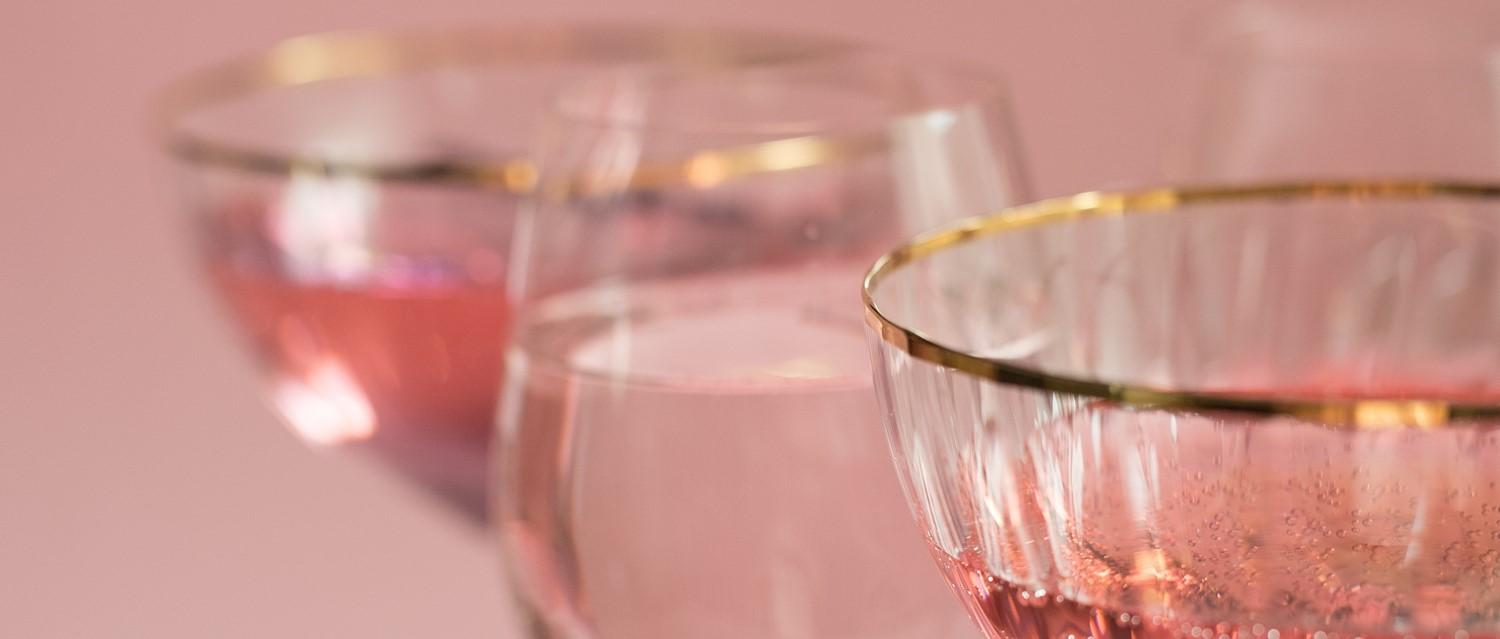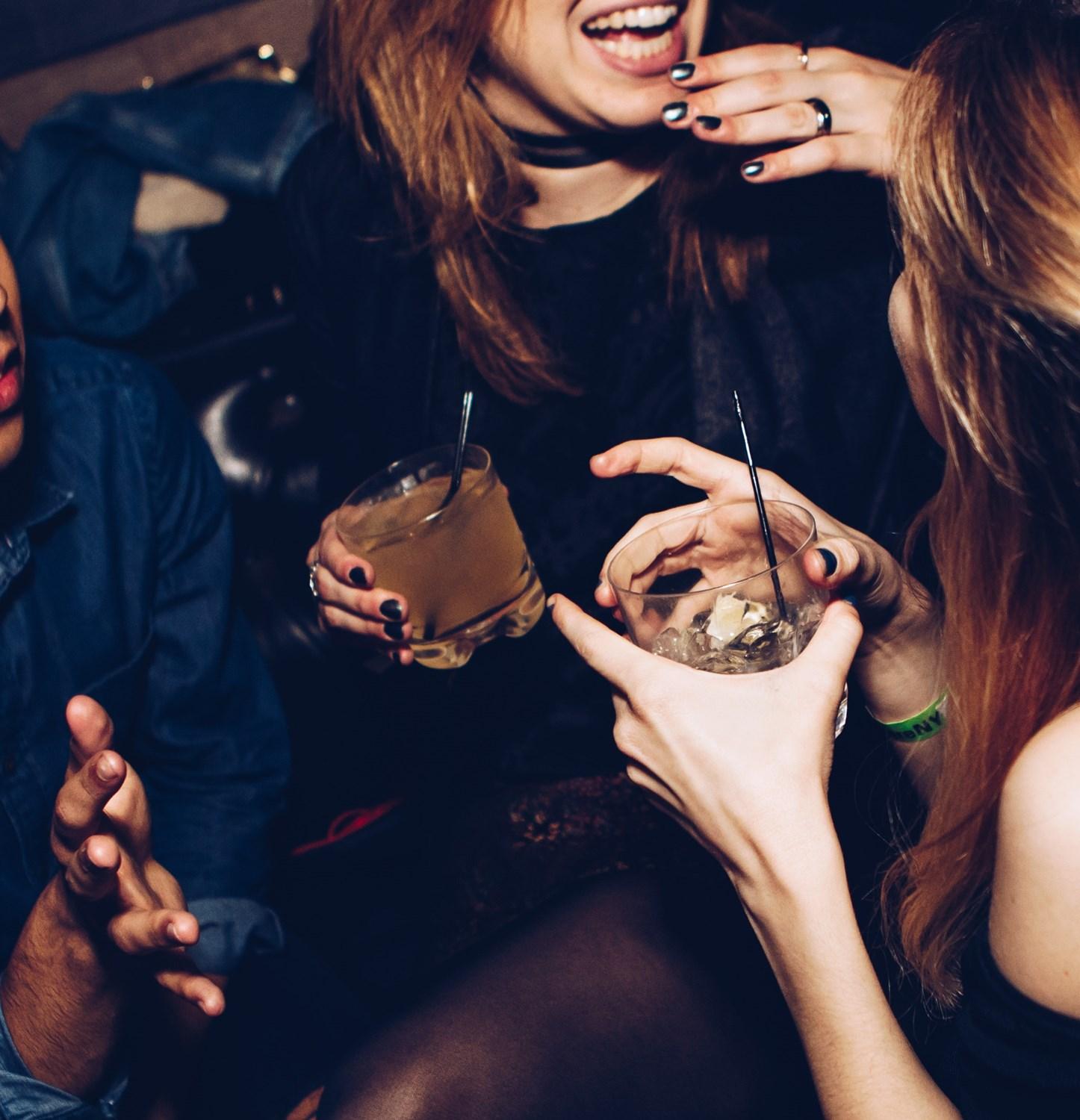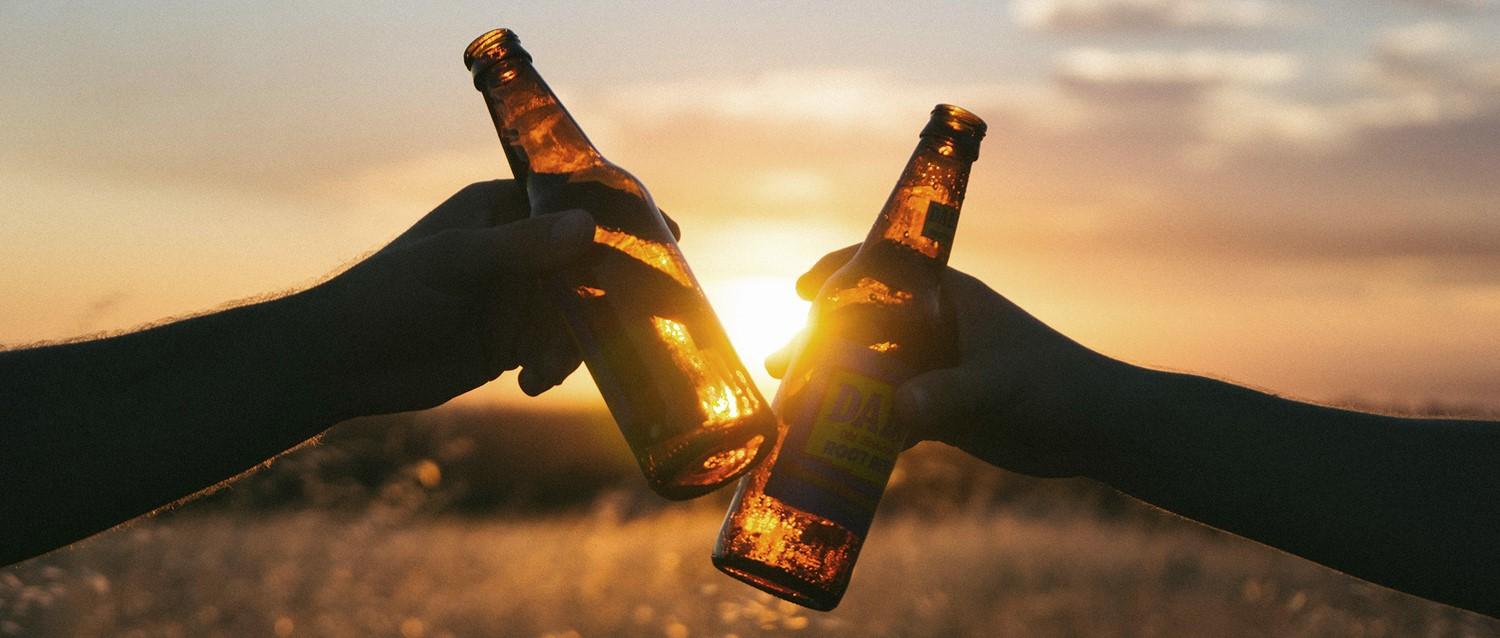
How to tell if a drink has been spiked
Peer reviewed by Dr Sarah Jarvis MBE, FRCGPLast updated by Emily Jane BashforthLast updated 11 Nov 2021
Meets Patient’s editorial guidelines
- DownloadDownload
- Share
- Language
- Discussion
Drink spiking has made headlines recently following several reports of women having their drinks spiked and being injected using needles containing unknown substances in nightclubs. However, the conversation is not a new one, as drink spiking has been a growing problem for a long time. While drink spiking is never the victim's fault, it's important you are able to spot the signs and know what to do if it you think it may have happened to you or a friend.
In this article:
Video picks for Alcohol advice
What is drink spiking?
To spike a drink means putting a substance in someone's drink that they have no knowledge of and haven't consented to. This is usually with drugs or alcohol.
There are different types of drink spiking. People spike drinks with different substances with a range of motives, including sexual assault and theft.
Drinkaware says drink spiking can happen to any type of drink, both alcoholic and non-alcoholic.
"The effects can be unpredictable, but are likely to be more serious if someone who's had their drink spiked has also consumed more alcohol, or other drugs. This is because of the combination of effects from the different drugs working at the same time," they say.
What are drinks usually spiked with?
Back to contentsDrinkaware says drinks can be spiked with:
Alcohol - shots of alcohol can be added to make drinks stronger and cause someone to get drunk more quickly.
Date rape drugs - these are specifically designed to incapacitate someone.
Illegal drugs.
Prescription drugs - for example, stimulants, tranquilisers, sedatives, or opiates.
Continue reading below
Who is at risk of drink spiking?
Back to contentsDrink spiking can happen to anyone. It's not possible to give exact numbers of people who have had their drinks spiked, as not everyone comes forward (for example, if they were then sexually assaulted) and victims often can't remember what happened.
However, data show that incidents of drink spiking in the UK increased by 108% between 2015 and 2018. There were 179 recorded incidents in 2017 alone.
Studies also show that women are targeted more than men, with a 2016 study finding 71% of spiking victims were women.
How can you tell if your drink has been spiked?
Back to contentsAlex Walker, founder of Bee Sober CIC, had her drink spiked at the age of 18. She says, unfortunately, most drugs used to spike alcoholic drinks are tasteless, colourless and odourless. This can make it almost impossible to tell if someone has spiked your drink when you drink it. However, there are some tell-tale signs, usually in a person's body language or behaviour.
The effects of a spiked drink can depend on:
The substance used.
What drink has been spiked.
How much of the substance has been used.
The size and weight of the person who drank it.
How much alcohol the person has already consumed.
"You may appear unusually drunk or more drunk than normal after drinking the same amount. Your vision can become blurred, you feel dizzy and confused and you may experience nausea or actual vomiting. Some drugs lead to loss of consciousness," she says.
Other symptoms of drink spiking can include:
Breathing problems.
Muscle spasms or seizures.
Speech difficulties and slurring.
An unusually long hangover.
A severe hangover when you did not drink alcohol.
Having gaps in your memory about what happened the previous night.
Walker highlights the difficulty in knowing if someone has been spiked as the signs are very similar to those experienced when you are drunk. But, if you or a friend begin acting out of the ordinary, it is always better to be safe than sorry and treat it as if their drink has been spiked.
Continue reading below
What should you do if you suspect your drink has been spiked?
Back to contentsIf you think your drink has been spiked, stop drinking it. Don't take another sip out of curiosity or to 'double check'. You should tell someone who you trust immediately and go to a safe place. Walker says the longer you wait, the harder it can become to communicate what has happened. If you find that you are alone, find someone in authority to help you - for example, a member of staff at the club or restaurant you are in.
"My advice would be to tell one of the bar staff. If it's happened to you, and something doesn't feel right, stay around your friends. If you think someone else has been spiked, reassure them that they will be OK. If they are well enough, take them home and stay with them, keeping a close eye on them. Call an ambulance if you feel they are deteriorating - for example, if they lose consciousness." advises Walker.
You should also contact the police as soon as possible after a suspected drink spiking, and if you have been a sexually assaulted.
Can you prevent your drink from being spiked?
Back to contentsThe onus shouldn't be on anyone with a drink to take precautions to stop it from being spiked, but rather on others not to spike in the first place.
With women being the primary victims of drink spiking, it should not be their responsibility to guard their drinks and go to extreme lengths to identify a poisoned drink.
The key to tackling drink spiking is annihilating it at the root and educating people from an early age. Many organisations and campaigners believe we need to update sex education curriculums to teach more about consent and introduce drink spiking to that conversation as early as possible.
While it's important to stress that you are not to blame if your drink is spiked, you must know how to keep yourself safe. There are things you can do to reduce the chances of your drink being spiked, or to prevent anyone else from getting near it.
Walker recommends:
Buying your own drinks.
Watching the bartender prepare your drinks.
Buying bottles, instead of glasses.
Keeping your thumb over the opening or buying a cap.
Not leaving your drink unattended.
Partying safely with people you know.
Asking a trusted friend to keep hold of your drink if you absolutely have to leave it.
Not accepting drinks from strangers.
Buying another drink if you are in any doubt at all.
Patient picks for Alcohol advice

Healthy living
Ketone drinks: a buzzy and safe alcohol-alternative?
Ketone drinks are being marketed as alcohol-free booze that can give you a similar buzz to drinking two or three glasses of beer or wine. But what does the science say? Before you invest, we explain what ketones are, explore their proven health benefits, and ask whether TikTok anecdotes and marketing claims are overshadowing the facts when it comes to the alcohol-free buzz.
by Amberley Davis

Healthy living
Can mindful drinking improve your mental health?
It's a feeling many of us have experienced after too many drinks the night before: stomach-churning anxiety, tinged with regret and despair. Feeling anxious or down is a common side effect of a hangover, not to mention the headaches, tiredness and digestive problems. But many young people are now shunning alcohol in favour of going teetotal, with campaigns like Dry January reinforcing the idea further. More than a quarter of 16- to 24-year-olds do not drink, compared to a fifth of the broader adult population, in part, due to concerns over their health and finances. And now, some people are practising a new concept called 'mindful drinking'.
by Lydia Smith
Continue reading below
Article history
The information on this page is peer reviewed by qualified clinicians.
11 Nov 2021 | Latest version
11 Nov 2021 | Originally published

Ask, share, connect.
Browse discussions, ask questions, and share experiences across hundreds of health topics.

Feeling unwell?
Assess your symptoms online for free
Sign up to the Patient newsletter
Your weekly dose of clear, trustworthy health advice - written to help you feel informed, confident and in control.
By subscribing you accept our Privacy Policy. You can unsubscribe at any time. We never sell your data.